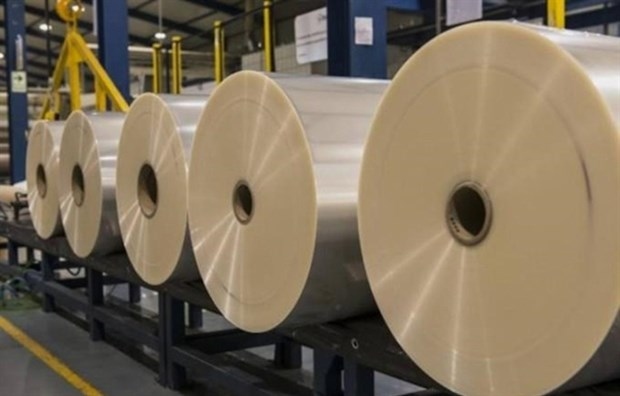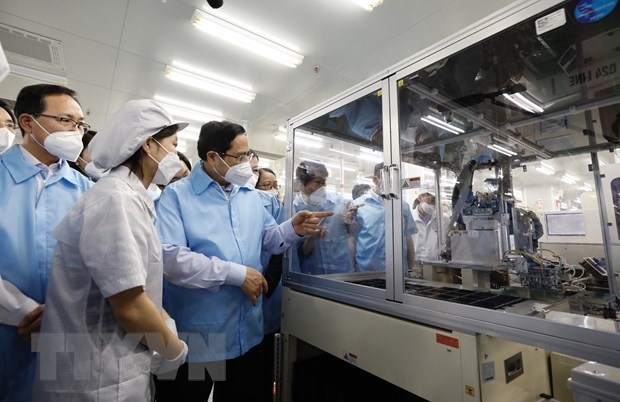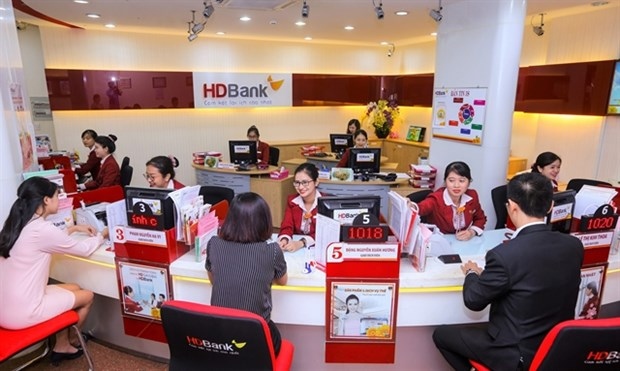
VNS/VNA
2513 newsArticles by author

Securities market attracts US$12.8 billion, up 12% in nine months
Vietnam’s stock market mobilised total capital of VND292.1 trillion (US$12.8 billion) in the first nine months of this year, up 12% compared to the previous year.
Over 100,000ha of rubber plantations to get sustainable forest management certificates
More than 100,000ha of rubber plantations in Vietnam are expected to be awarded an international sustainable forest management certification by the end of this year.

Vietnam’s digital banking adoption catches up with developed markets
The adoption of digital banking in Asia-Pacific (APAC) emerging markets, especially Vietnam, has caught up with that in developed markets.

Private airlines ask for zero-interest loans
Private airlines have requested access to 0% interest loans, similar to the support Vietnam Airlines (VNA) - the country's flag carrier - is entitled to, heard a meeting among the State Bank of Vietnam (SBV), commercial banks and the airlines.
Companies fully braced for ‘new normal’ after COVID-19 restrictions go
After months of fighting COVID-19, Ho Chi Minh City and southern provinces plan to gradually resume economic activities from October 1 since they have basically controlled the pandemic.

Experts define legal risks for local exporters in e-commerce transactions
Though e-commerce channels are considered one of the best solutions to sell local products amid the pandemic, legal risks from the activities remain a concern.

Public investment pushes real estate market
The acceleration of investment in transport infrastructure is the main driving force fueling real estate stocks as many businesses with large land plots located in areas near key infrastructure projects will benefit from this process.

Vietnam reviews anti-dumping measures on plastic products from three countries
The Ministry of Industry and Trade (MoIT) has announced the first review of anti-dumping measures imposed on a number of plastic products from China, Malaysia and Thailand.

HCM City wants tax reduction for COVID-19 affected businesses
The Ho Chi Minh City People’s Committee has made several suggestions for the Ministry of Finance’s decree to support businesses and individuals affected by the COVID-19 pandemic, including ensuring bank lending rates are no more than 2% higher than deposit interest rates.

HDBank among Forbes’s top financial brands in Vietnam
Forbes Vietnam has unveiled a list of the top 25 valuable financial brands in Vietnam, which are worth a combined US$3.95 billion, with HDBank in the top eight with a value of US$162 million.
